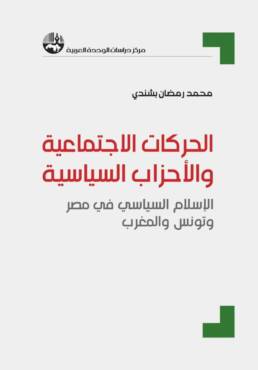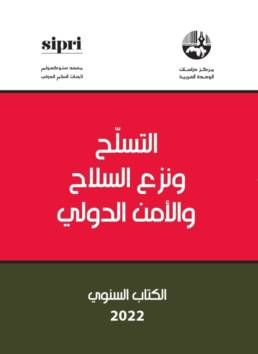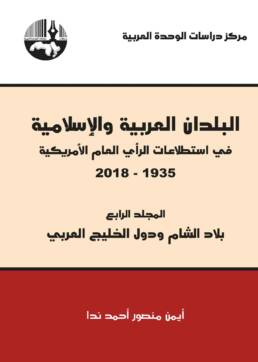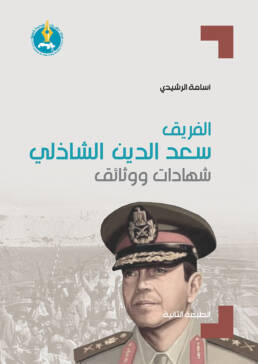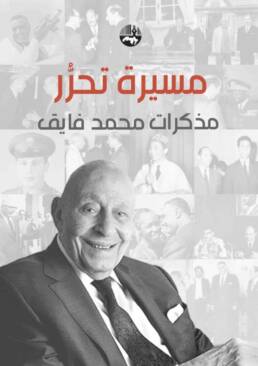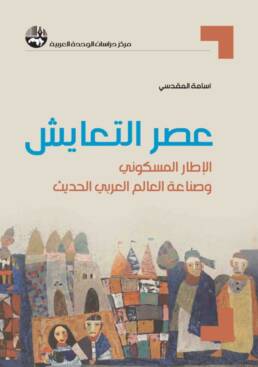The Center for Arab Unity Studies issues a book titled “Intellectual currents in the Persian Gulf (1938 – 1971)” by Dr. Moufid Al-Zaidi.
The book delves into the intellectual currents dominating the Persian Gulf from the start of the reform era in the 1930s to the stage of independence in the 1970s. The six selected countries of the study, namely Saudi Arabia, Kuwait, Bahrain, Qatar, United Arab Emirates and Oman, all share similar features with regards to the economic, social, political and cultural characteristics. These similarities later manifested into what is commonly called the age of oil, an era which brought to light changes in the economies of the Gulf, and social transformations that accompanied the increase of their economic and strategic position for the West in particular.
History has shown that the demands of social and political classes in the Gulf region have all along been democratic, for they understood democracy was the only way out of the societal crisis, and the common denominator for all intellectual currents despite their differences and their various affiliations. The common goal revolves around the idea that social institutions can be built on stable foundations and parliamentary life can be embodied on real constitutional premises.
Add a review
You must be logged in to post a review.
You May Also Like
Social Movements and Political Parties: Political Islam in Egypt, Tunisia, and Morocco
Price range: 8 $ through 13 $
Armaments, Disarmament and International Security: Sipri Yearbook 2022
Price range: 14 $ through 22 $
Arab and Islamic Countries in the American Public Opinion Polls, 1935-2018/ Vol. IV: The Levant and the Arab Gulf States
Price range: 7 $ through 10 $
Lt. General Saad El-Shazly: Testimonies and Documents
Price range: 10 $ through 13 $
Liberation Journey: Memoirs of Mohamed Fayek
Price range: 9 $ through 14 $
Age of Coexistence: The Ecumenical Frame and the Making of the Modern Arab World
Price range: 10 $ through 13 $
Saudi Policy towards Yemen after the Popular Uprising 2011
Price range: 6 $ through 10 $


